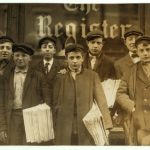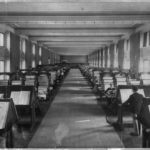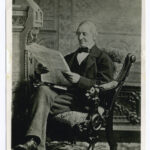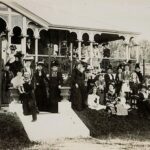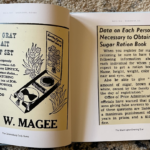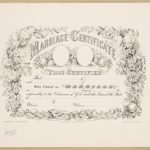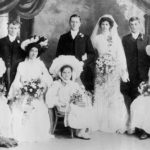When we think of our ancestors, it’s easy to picture them going about their daily lives—working, raising families, and navigating the ordinary challenges of their times. However, many of our ancestors were also engaged in the political world around them. Let’s explore how you can use newspapers to trace your ancestors’ political engagement and uncover fascinating stories you may never have expected.
Why Newspapers Are a Goldmine for Political Research
Newspapers have long been the pulse of local and national politics. From the buzz of campaign season to final election tallies, these historical records offer valuable insights into our ancestors’ political engagements. Here’s why they are valuable:
- Real-time coverage: Newspapers captured events as they unfolded, providing a snapshot of the political climate.
- Local focus: Many smaller papers covered local politics in detail, offering insights into community-level engagement.
- Personal stories: Letters to the editor, opinion pieces, and local news often featured individual citizens’ political views and activities.
Finding your ancestors’ names in these records can offer an intriguing look into their beliefs, values, and community involvement.
Tips for Tracing Ancestors Through Political Coverage
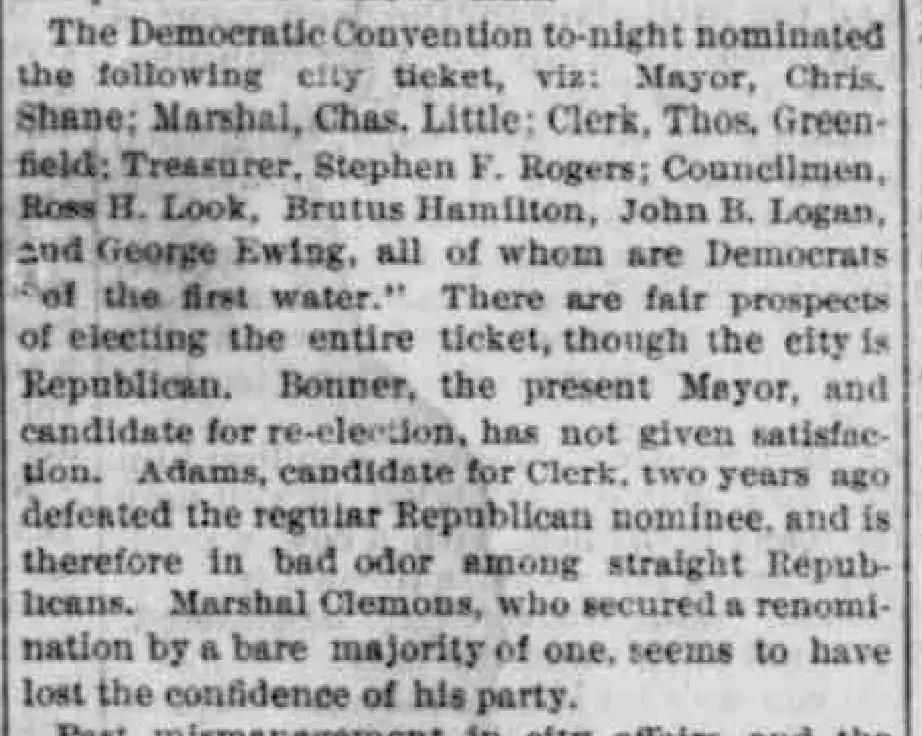
To begin tracing your ancestors through political campaign coverage, you’ll want to dig into newspaper archives from the period and location they lived in. Here are some tips to guide your research:
1. Start with Election Years
- Search for your ancestors’ names in newspapers around election years.
- Look for voter registration lists, which were often published in local papers.
2. Explore Campaign Advertisements
- Campaign ads can reveal which candidates your ancestors supported or opposed.
- These ads often list supporters’ names, potentially including your family members.
3. Search for Election Coverage and Results
- Coverage sometimes included candidate lists and voter registries.
- Local election results frequently listed vote tallies by precinct or ward.
- Your ancestors’ voting patterns might be inferred from their neighborhood’s results.
4. Look for Political Meeting Reports
- Many newspapers covered local political meetings, conventions, and rallies.
- Attendee lists or speaker mentions could include your ancestors.
- Search for the name of a political party, campaign slogan, or prominent local candidates. You might find articles mentioning your ancestors as attendees, organizers, or speakers.
5. Investigate Letters to the Editor
- Passionate ancestors may have written letters expressing their political views.
- Even if they didn’t write, letters can provide context for local political issues.
6. Search for Political Appointments
- Ancestors involved in local politics might have been appointed to committees or boards.
- These appointments were often announced in newspapers.
How to Use NewspaperArchive for Your Research
- Start broad: Begin with general searches using your ancestor’s name and location.
- Narrow your focus: Once you find relevant results, use date ranges around election years for more specific searches.
- Use advanced search features: Combine your ancestor’s name with keywords like “election,” “campaign,” “candidate,” or “vote.”
- Be creative with name variations: Try different spellings and initials to catch all possible mentions.
- Context is key: Don’t just focus on direct mentions. Articles about local issues can provide valuable context for your ancestors’ political environment.
Beyond the Ballot Box: Other Forms of Civic Engagement
If you don’t find direct involvement in political campaigns, don’t be discouraged! Newspapers also covered civic engagement beyond elections. Look for:
- Participation in community boards, educational committees, labor unions, or other civic organizations
- Attendance at town hall meetings
- Membership in political clubs or parties
Unlock the Stories of Your Ancestors
Newspapers are a rich source of information for tracing the political lives of your ancestors. From election coverage to political ads, local newspapers can uncover stories that bring your family history to life. By exploring their political engagements, you’ll gain a deeper understanding of the roles your ancestors played in their communities and how they navigated the political landscape of their time.
Ready to start your journey into your family’s political past? Sign up for NewspaperArchive today and begin uncovering your ancestors’ civic lives. Who knows what you might discover?
Remember, every search through historical newspapers is a step towards preserving and understanding our collective heritage. Happy exploring!

